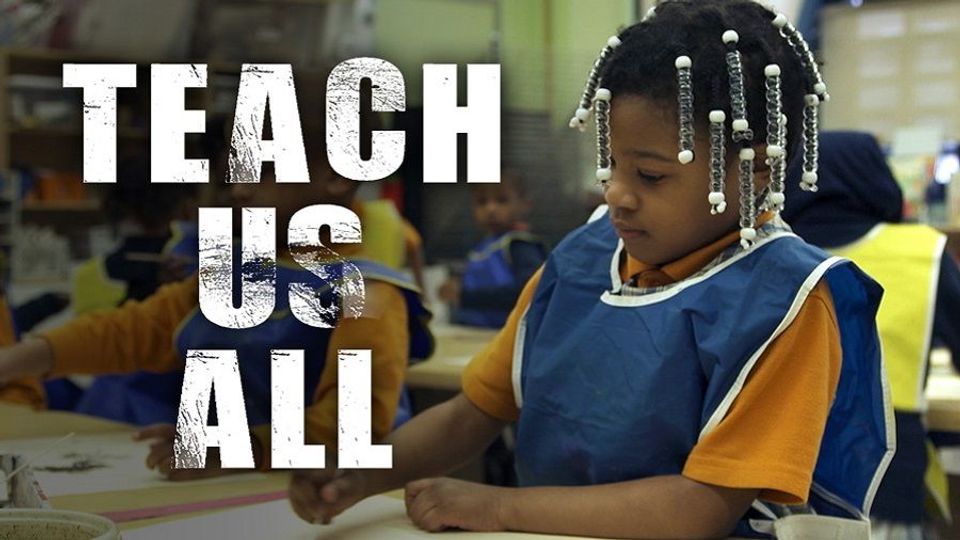What Counts As Education by Jean Anyon was made after Jean reflected education policies that were implemented to improve struggling urban schools decades after they were conceptualized. In this week's reading, I wanted to selected 3 quotes that I think conveys Jean's main point in this blog post. Before I begin, Jean Anyon argues that this “school-only” approach in policy making can’t overcome the pressures of poverty in urban areas. I selected three quotes that I think supports her ideas.
Quote 1: "There are multiple causes of low-quality schooling in urban areas, and education policies as heretofore conceived address only a few. Education policy has not addressed the neighborhood poverty that surrounds and invades urban schools with low expectations and cynicism. Education policy has not ad- dressed the unemployment and joblessness of families who will have few if any resources for the further education of their children, even if they excel in K–12 classes." p. 69
The first quote from Jean explains how policies that are put in place are not making enough of a lasting impact for families who have students attending schools in urban cities, even if the student is excelling in the curriculum.
Quote 2: "As education policymakers and practitioners, we can acknowledge and act on the power of urban poverty, low wage work, and housing segregation to dwarf most curricular, pedagogical, and other educational reforms." p. 83
The second quote above neatly conveys Jean's ideas by observing that policymakers can do all they can to change how school's curriculum is form for students to succeed, but only making changes that affect in school settings won't make it easier for students who have socioeconomic issues outside of school. If we want to see a positive impact on our education, we are going to need to address the deep rooted issues theses urban communities struggle which are the low wages, poor housing, and lack of policies that aren't in place for them.
Quote 3: "barriers to school quality and consequence, we can legislate a significantly higher living wage; we can create jobs in cities that offer career ladders and prepare low-income residents to fill them. And, like a number of European countries, we can tax wealthy families and corporations to pay for these and other investments." p. 83
Lastly, our last quote here is Jean suggesting a new paradigm of education policy that can be implemented to in the future for urban schools that could be properly funded by taxing rich families and corporations that can prepare a low income family to enter a career ladder, similar to other western countries in Europe.
Reflection/Questions/Comments To Share: While reading the PDF, whenever I was in school, I always remember hearing my peers who struggle in school say the phrase "school doesn't matter." or "school is pointless and a waste of time". I think the more accurate phrase is that "school isn't enough." would probably what they were trying to say in that time.




“School isn’t enough” really stuck with me. Hearing from so many peers “why didn’t we learn this in school” Tells you what so many have taken away from education. It being a somewhat failed institution.
ReplyDeleteI really enjoyed reading your thoughts on the text!